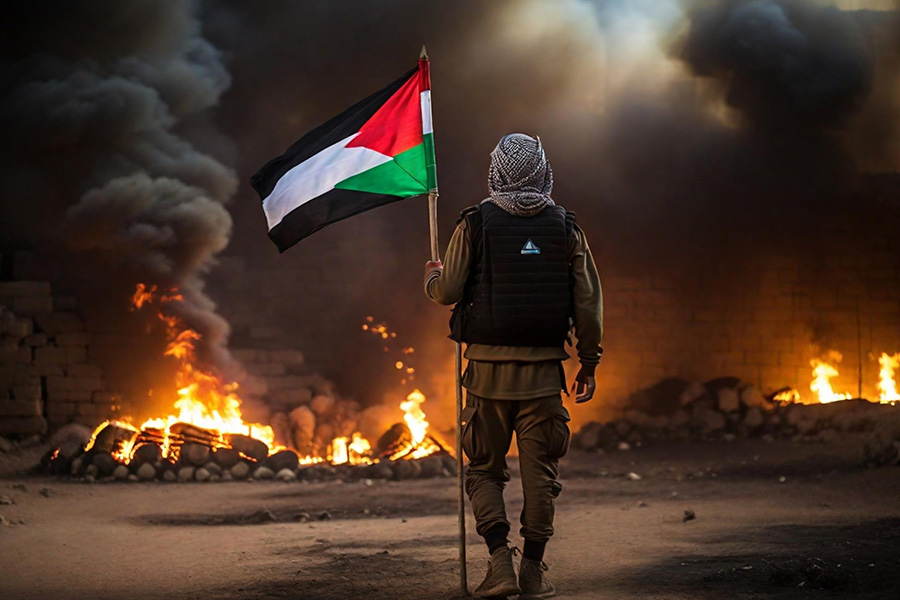
The emphasis of the ICJ through its provisional measures must be to emphasise a human needs perspective to conflict resolution.
Authors
Abhinav Mehrotra, Assistant Professor, Jindal Global Law School, O.P. Jindal Global University, Sonipat, Haryana, India.
Biswanath Gupta, Associate Professor, Jindal Global Law School, O.P. Jindal Global University, Sonipat, Haryana, India.
Summary
As the International Court of Justice (ICJ) commenced hearing South Africa’s genocide case against Israel on January 11, issues surrounding the competence of the ICJ, the enforceability of its judgement, and the options in case Israel does not adhere to the judgement have assumed significance. According to existing international law, genocide is a jus cogens norm of international law. Jus cogens norms are those which protect the basic value of human civilisation or core to humanity in general. Therefore, genocide is a global norm and needs protection.
If genocide is happening in any place on Earth, every state has the responsibility to protect and stop such acts by any means. States can approach ICJ by virtue of the principle erga omnes (responsibility of everyone) to protect the core principle of humanity. By erga omnes and jus cogens principle of international law, South Africa or any other state has the right to move to ICJ against Israel.
In the current scenario, South Africa brought a case against Israel to the ICJ under the UN’s 1948 Genocide Convention. In its application, South Africa argued that Israel, in its ongoing Gaza assault, has transgressed from the provisions of Article 2 of the Genocide Convention. This article defines the term ‘genocide’ to mean “acts committed with intent to destroy, wholly or partly, a national, ethnic, racial, or religious group”. The ICJ will eventually decide whether Israel is committing genocide or not, which may take years. But first, it will decide whether it has jurisdiction on this matter and whether the alleged acts fall under the 1948 Convention.
Published in: News18
To read the full article, please click here.

